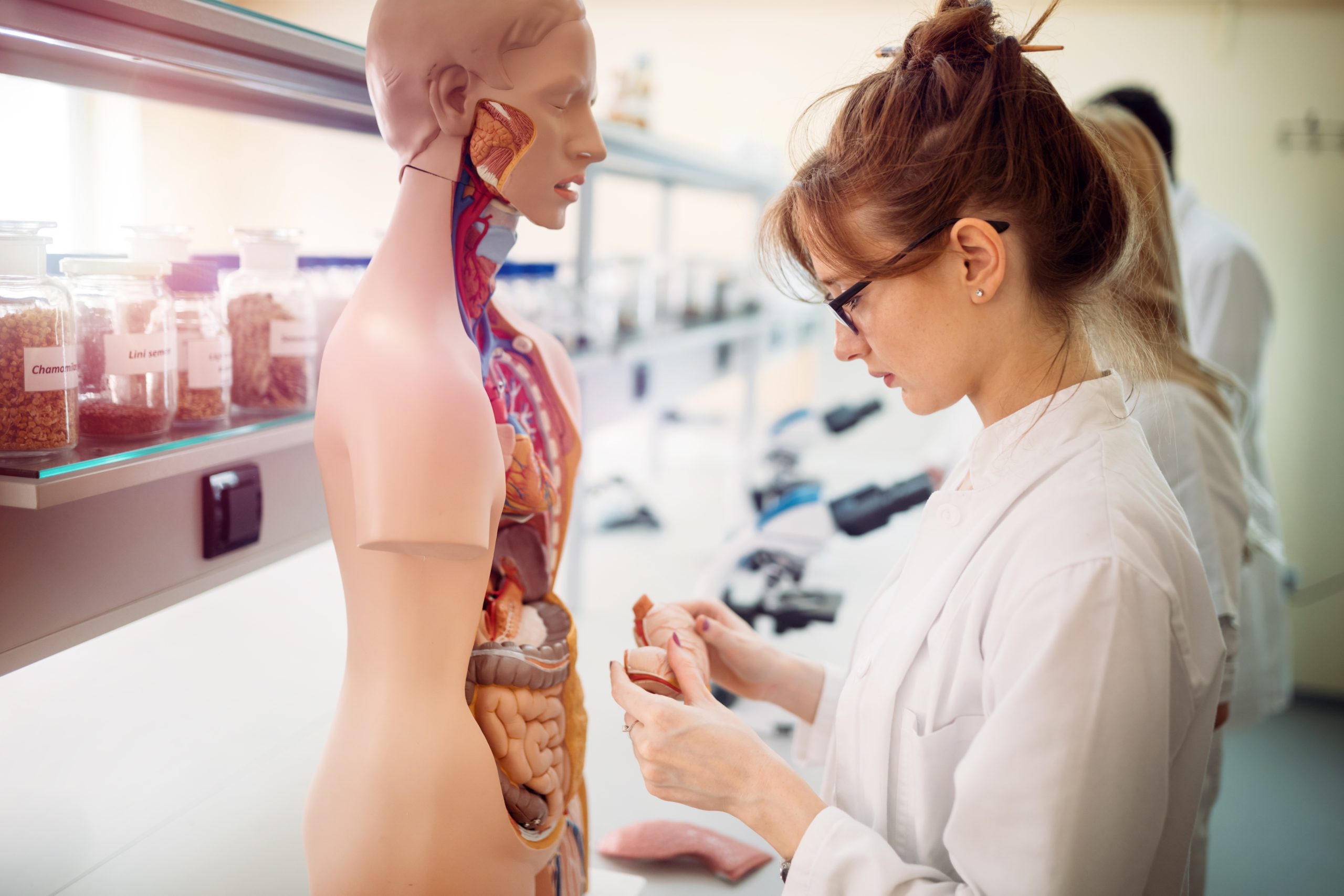
Can Science Really Do That? Advances in Scientific Evidence in Child Abuse Cases
Course Description
Child maltreatment casework can present investigators with unique challenges as it pertains to evidence discovery, processing, and interpretation. In fact, many non-traditional elements present at the scene may be overlooked by the untrained eye as it pertains to being used as possible evidence for substantiating or refuting allegations of maltreatment. In this course, unconventional methods and nontraditional forensic subdisciplines will be explored, allowing investigators to further expand their knowledge regarding what types of evidence and information may be gleaned from atypical sources of probative value.
Learning Objectives
1. Identify nontraditional evidence types that can enhance case resolution.
2. Explore innovative forensic science disciplines and the types of information they can uncover.
3. Recognize how expanded and novel multidisciplinary team (MDT) membership can help corroborate or strengthen the evidentiary scope when supporting or refuting allegations of child maltreatment and maltreatment-related child deaths.
2. Explore innovative forensic science disciplines and the types of information they can uncover.
3. Recognize how expanded and novel multidisciplinary team (MDT) membership can help corroborate or strengthen the evidentiary scope when supporting or refuting allegations of child maltreatment and maltreatment-related child deaths.
Please check out the upcoming training calendar to view upcoming training sessions for individuals, or choose request training to bring a session to your organization.

